
How to handle everyone during the coronavirus pandemic
During these manic and muddled times (this week’s synonym for “unprecedented”), we’re encountering plenty of heightened emotions, and understandably so. Everyone is overwhelmed with worries, everyone is battling their own troubles, and everyone is just trying to keep themselves afloat—both mentally and/or financially. With each person handling the pandemic differently, it can be hard to know the best way to respond to them and, when necessary, to help them, all while obeying physical distancing guidelines.
We reached out to Dr. Rumeet Billan, resilience researcher and expert and Canadian Mental Health Association ambassador, for the best ways to handle those you come across during the pandemic. Whether you need help with your relationships at home and online or with the characters you encounter when you leave home base, Dr. Billan shares the best practices.
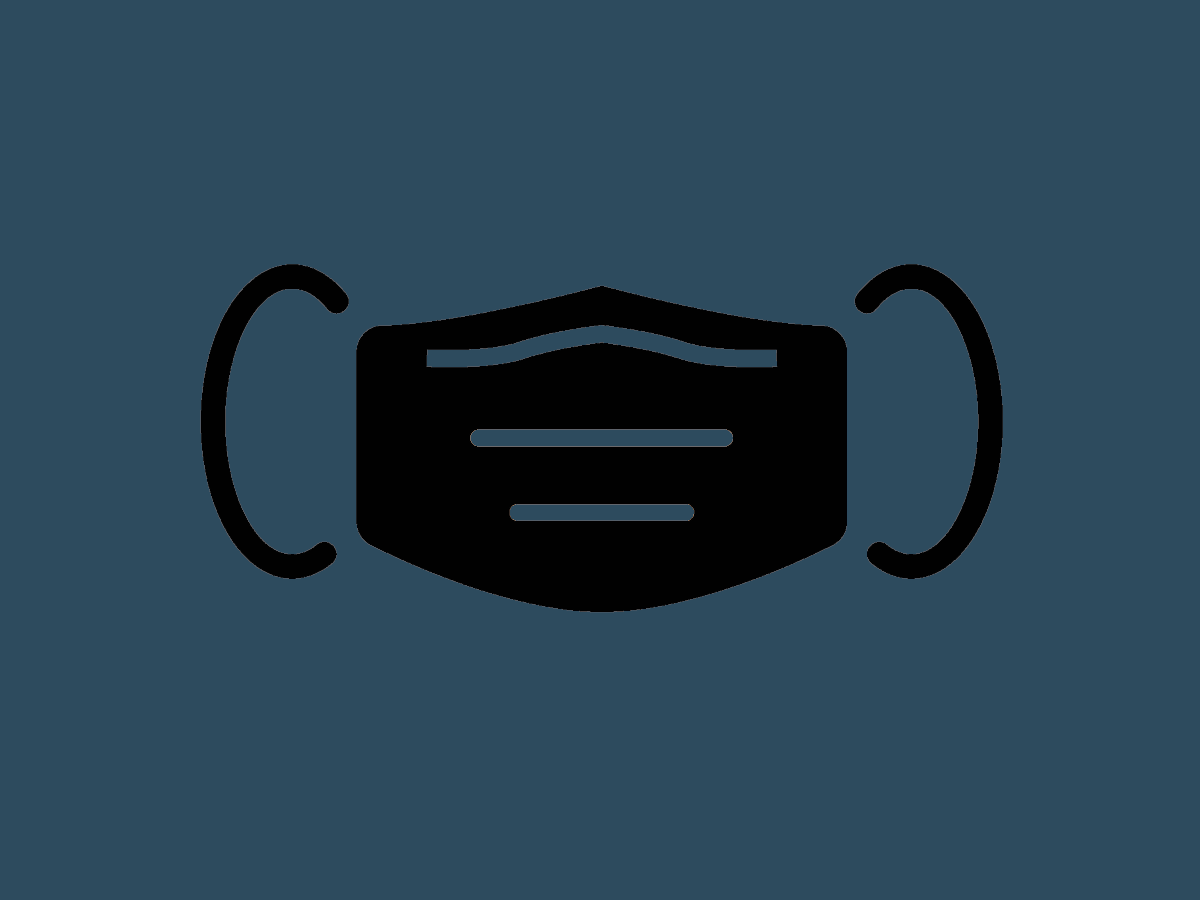
BH: How can I help a friend with coronavirus anxiety?
RB: The best way to be a good friend to someone with coronavirus anxiety or depression is to ask your friends what they need, and to be mindful of the language you use.
Being intentional about language can help someone open up about how they are feeling. Instead of asking me “how are you?” my best friend says “tell me how you are.” That makes me stop and think about how I may be feeling in that moment instead of falling into automaticity and responding with “I’m good!” or “we’re fine!” I ask my family and friends, “is there something I can do?” instead of “is there anything you need?”
A care package is a great idea, if you are comfortable dropping something off, and you know your friend may be comfortable bringing something from outside into their home. (They can always disinfect it before bringing it inside.) I have dropped off a care package for a friend and texted her right after to let her know it was at her doorstep. I made sure there was nothing in it that had to be refrigerated right away, which may be helpful if people want to wait a few days before opening packages.
Also, make sure they have the right resources—which are listed on the last slide—as well as these telehealth services available to Canadians.
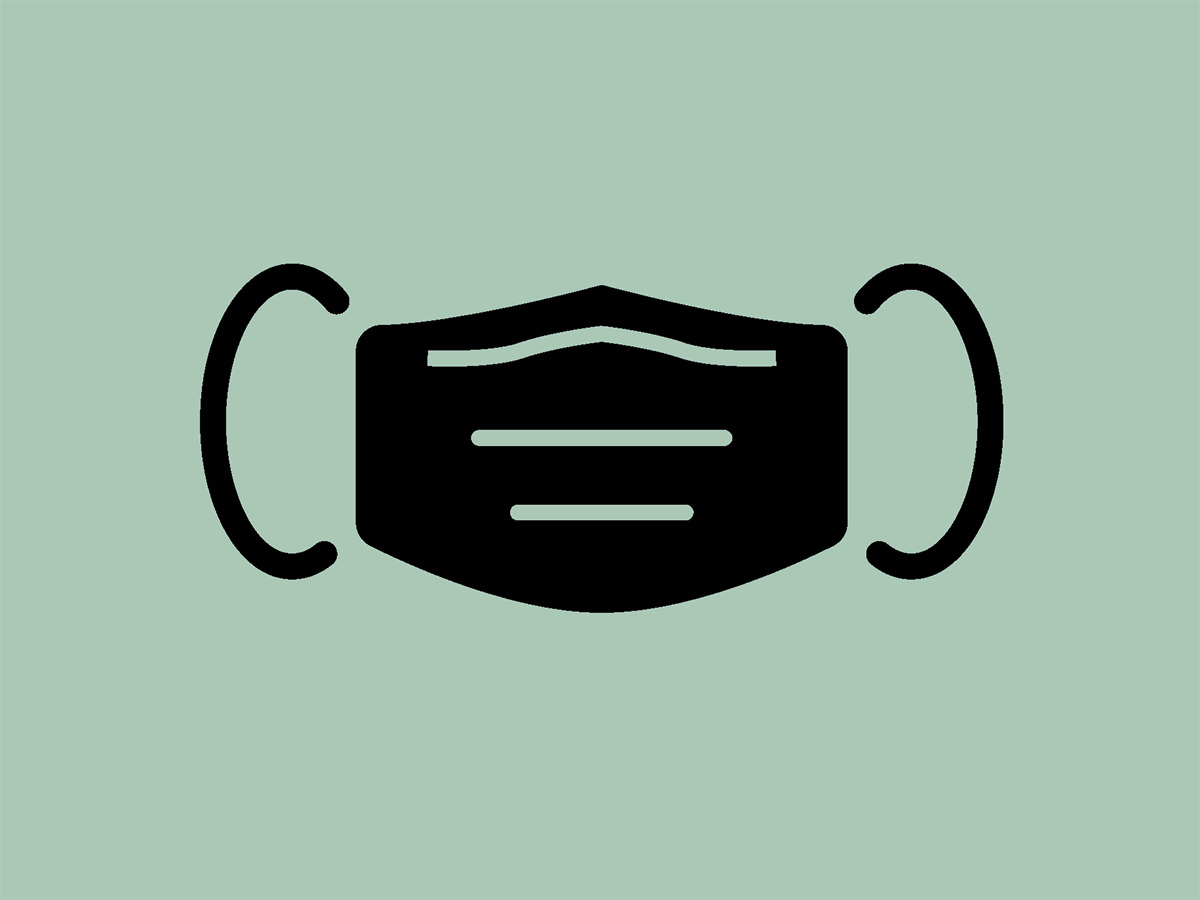
A friend who’s experiencing financial loss due to the pandemic
Many are experiencing different types of loss during the pandemic, including financial. Communicating with your friend and ensuring that they have information about the resources that are available can be helpful. If you are able to support them in different ways (ie. checking in, sending food, or sending a care package), it can show your friend that they have a support network there for them.
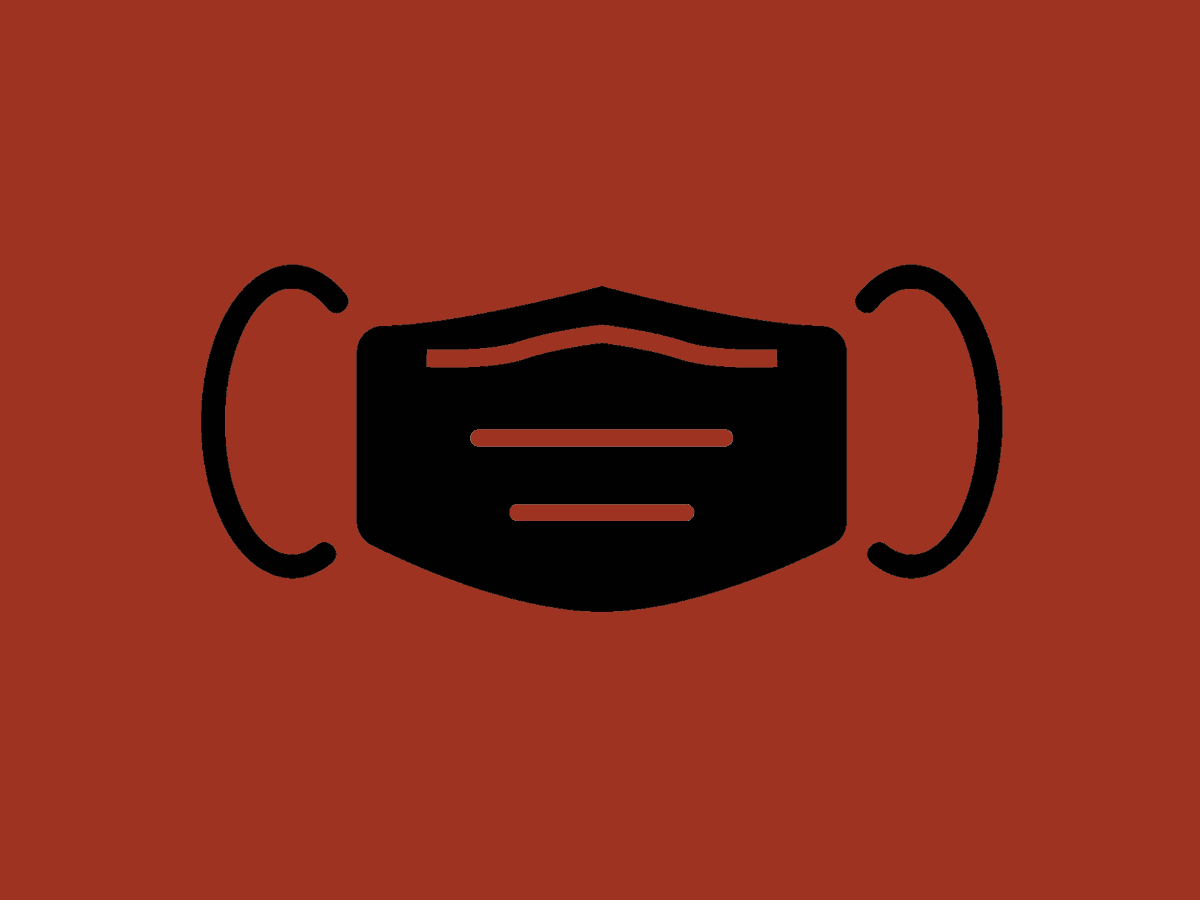
A friend who isn’t practicing good social distancing
Understanding their intentions is key to how we respond to them. If they ask to meet with you, share that you are practicing social distancing (model the behaviour) and why it’s important to you to do so.
(Learn if it’s safe to walk your dog during the coronavirus pandemic.)
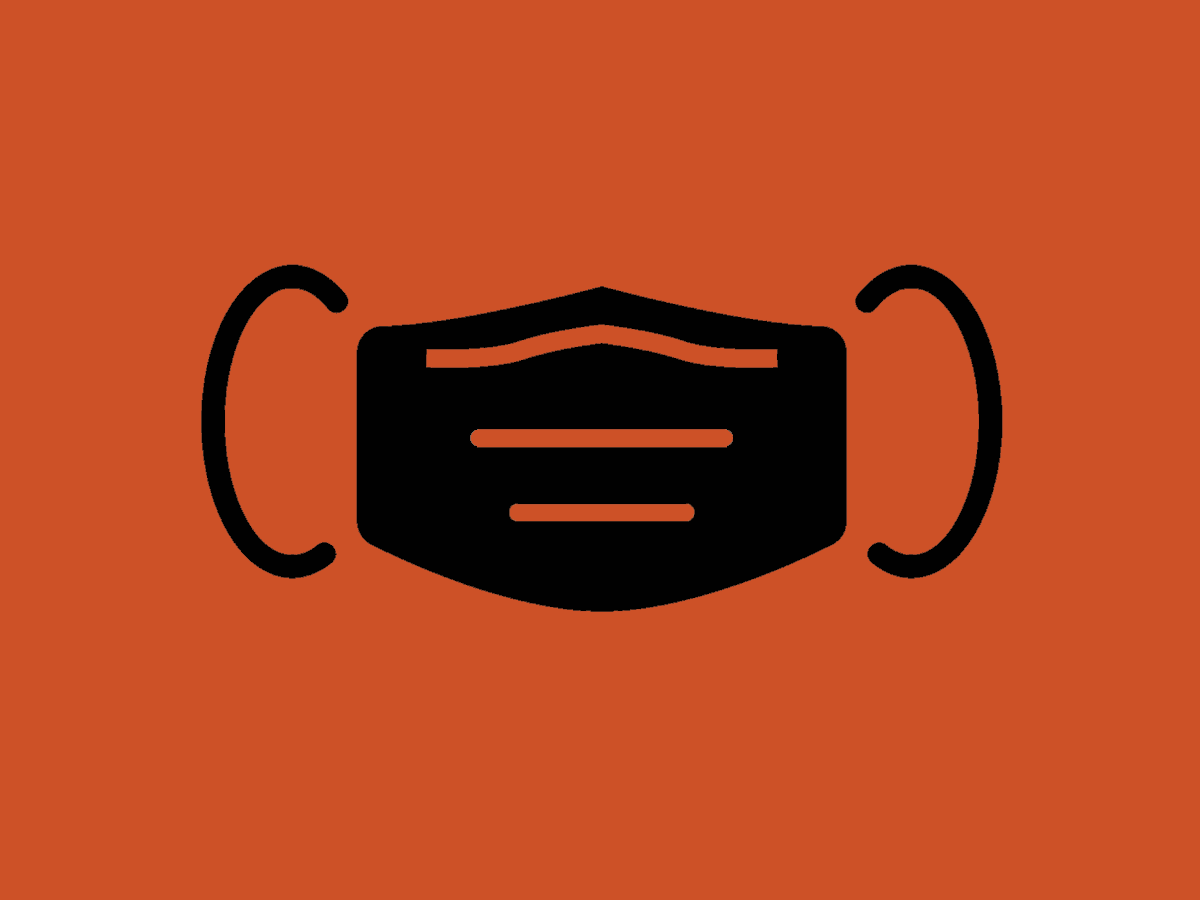
Parents who aren’t taking social distancing as seriously as they should be
You can support them by providing them with alternatives to getting out (i.e. walks) or connection. They may be going to the grocery store, not because they aren’t taking social distancing seriously, but because they want to be around people. They may be feeling lonely.
(Learn who is at the highest risk from coronavirus.)
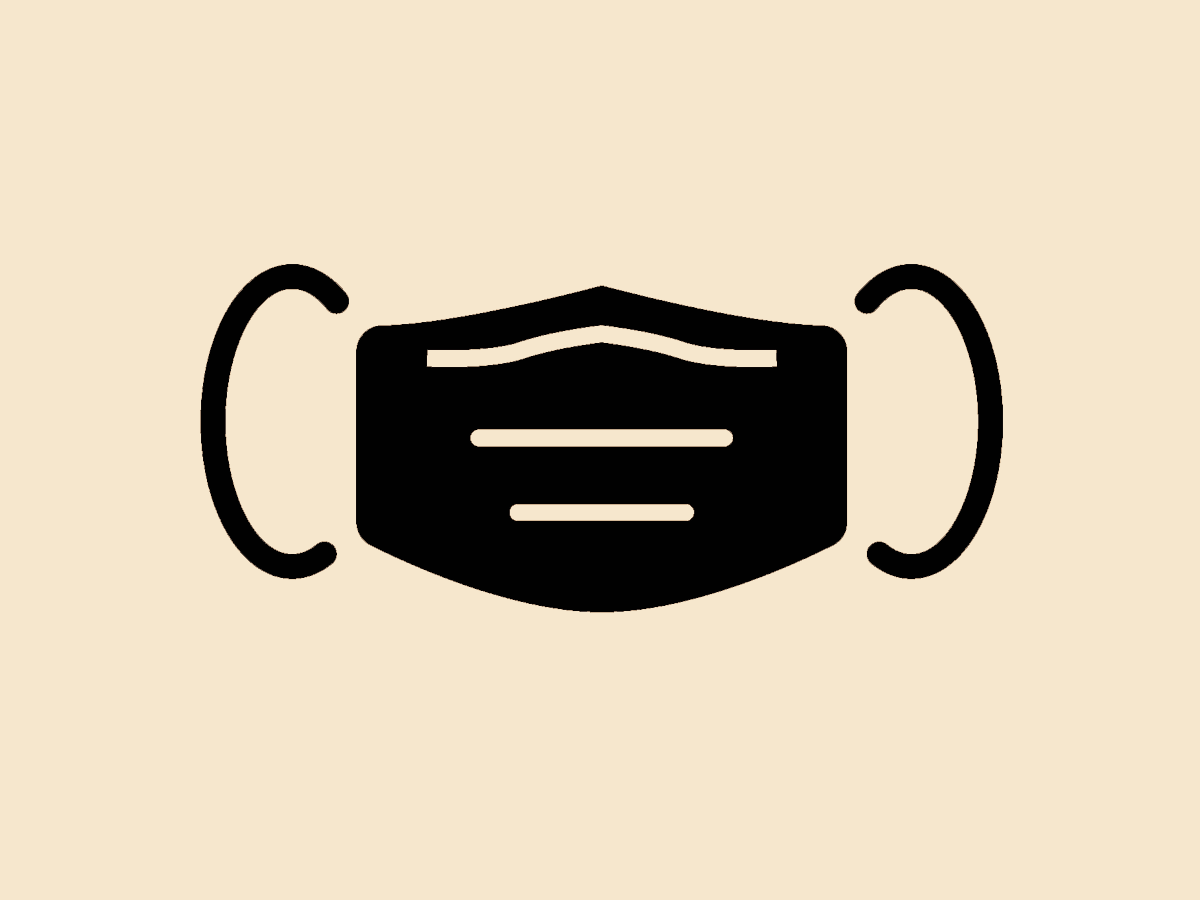
A friend annoying you by posting all their quarantine victories—baking, exercising, crafting with the kids
Be supportive when you do engage with them, and if it begins to really bother you, take a break from connecting with them (or watching their IG stories). Just as we should be taking a break from watching the news and/or being on social media all the time, we should take a break from people who may not make us feel great during this time.
(Here’s how to minimize your anxiety during Covid-19.)
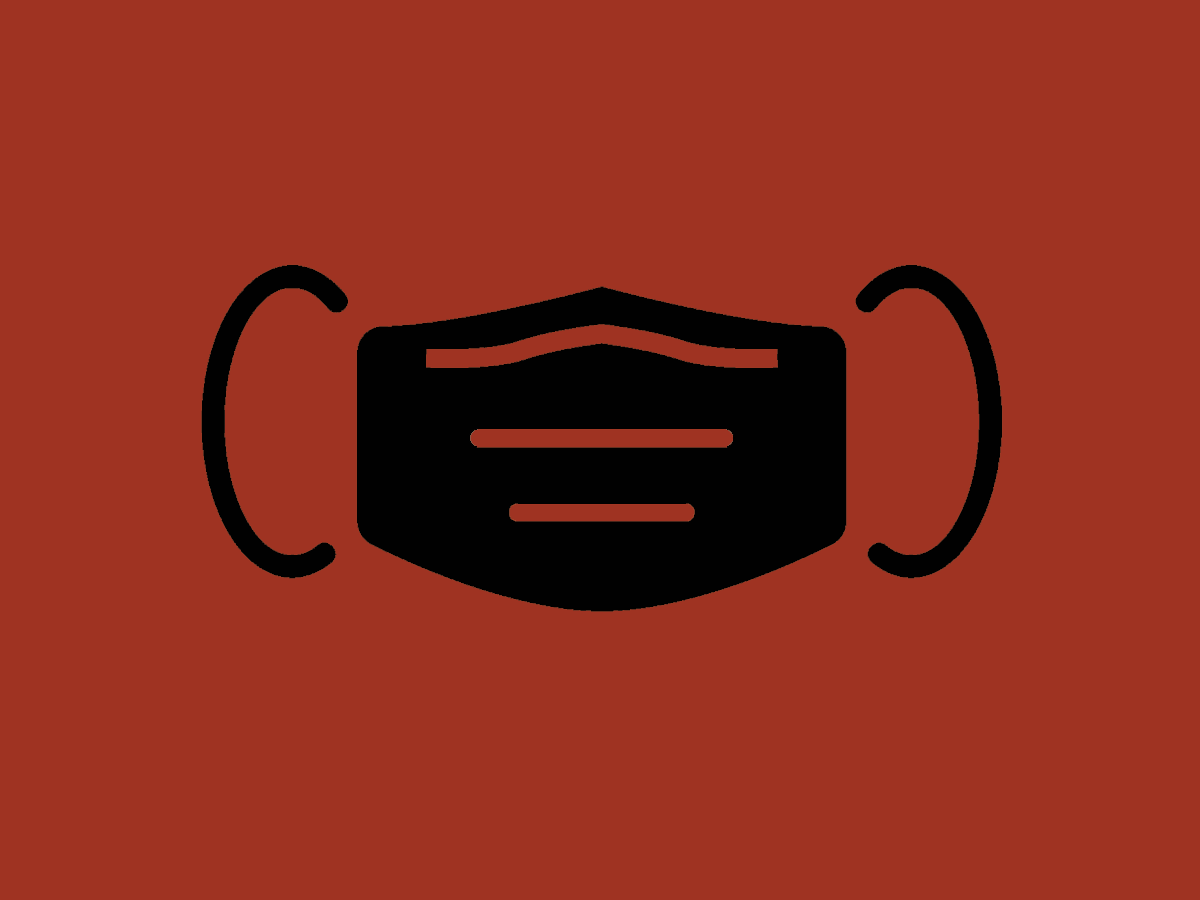
Someone acting as an expert in behavioural medicine—criticizing others for not following guidelines well
Their actions may be coming from a place of fear, anxiety, and/or uncertainty. Understanding the reasoning behind why they may be being critical can inform how you respond to them. It may be that they are well-intentioned and worried about their friends or that they need someone to talk to about their fears.
(Here’s how to shop safely for groceries.)
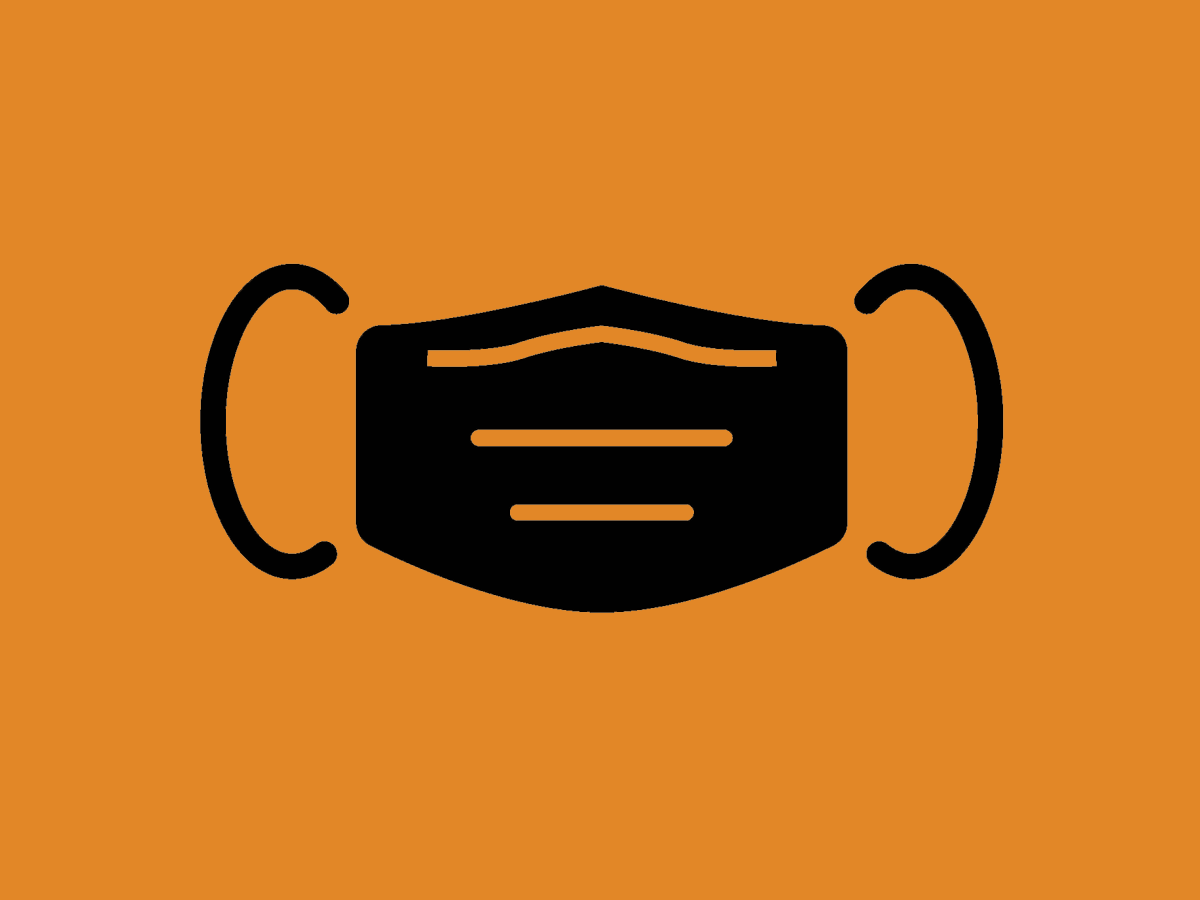
Someone who doesn’t understand the effectiveness of physical distancing
During this time, our feelings and emotions are heightened along with our anxieties and fears. We aren’t going to agree with everyone, and others may not be open to listening. Gauge the situation and decide whether it is worth putting in the effort. If it comes across as trying to convince versus develop an understanding, there may be resistance. Instead of arguing, there may be other ways to have your friend/co-worker/family member understand the effectiveness of physical distancing—try using articles, videos, etc.
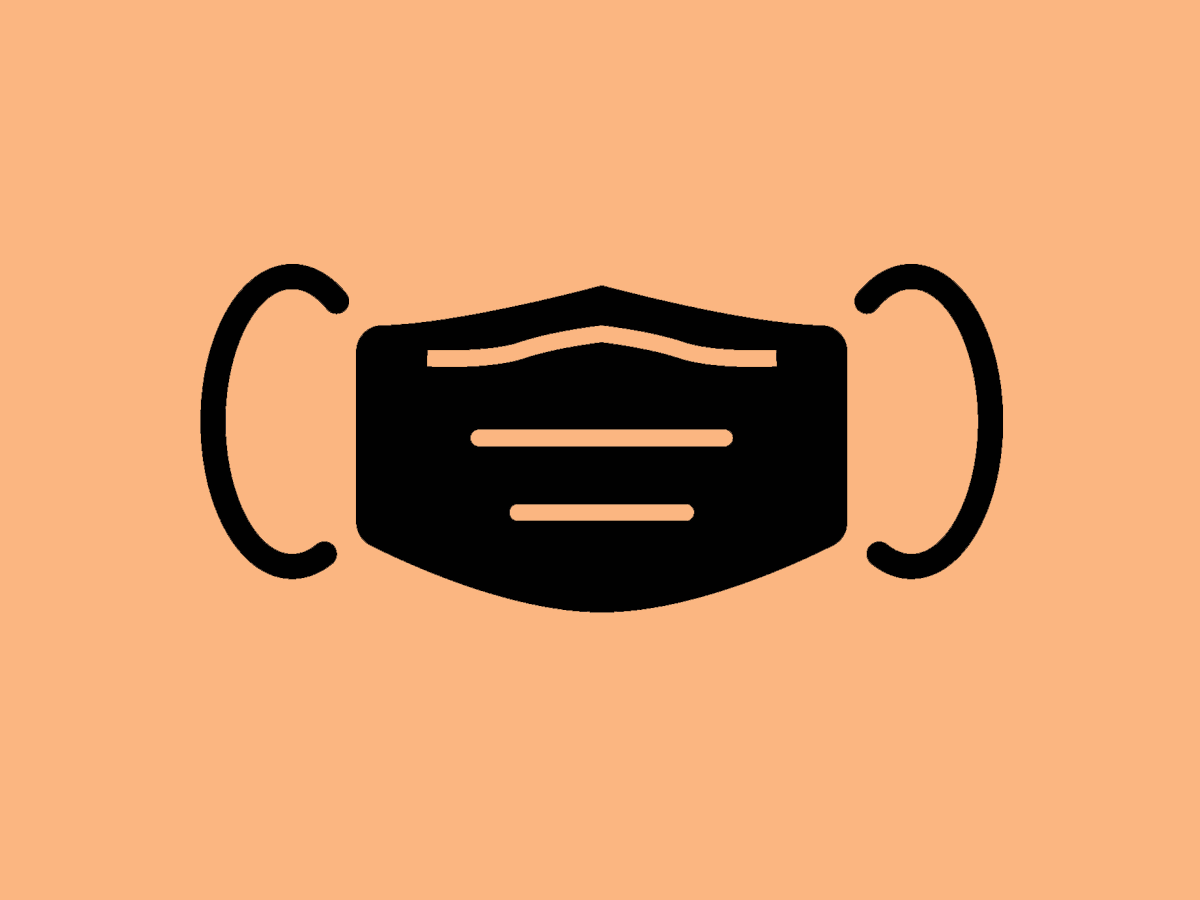
Someone in the outdoor world not giving you six feet of space
If you are able to move, do so in a way that is respectful. If you are unable to move, calmly share your concern. They may not be aware that they aren’t giving you the six feet of space.
(Learn how to make three different face masks—no sewing required.)
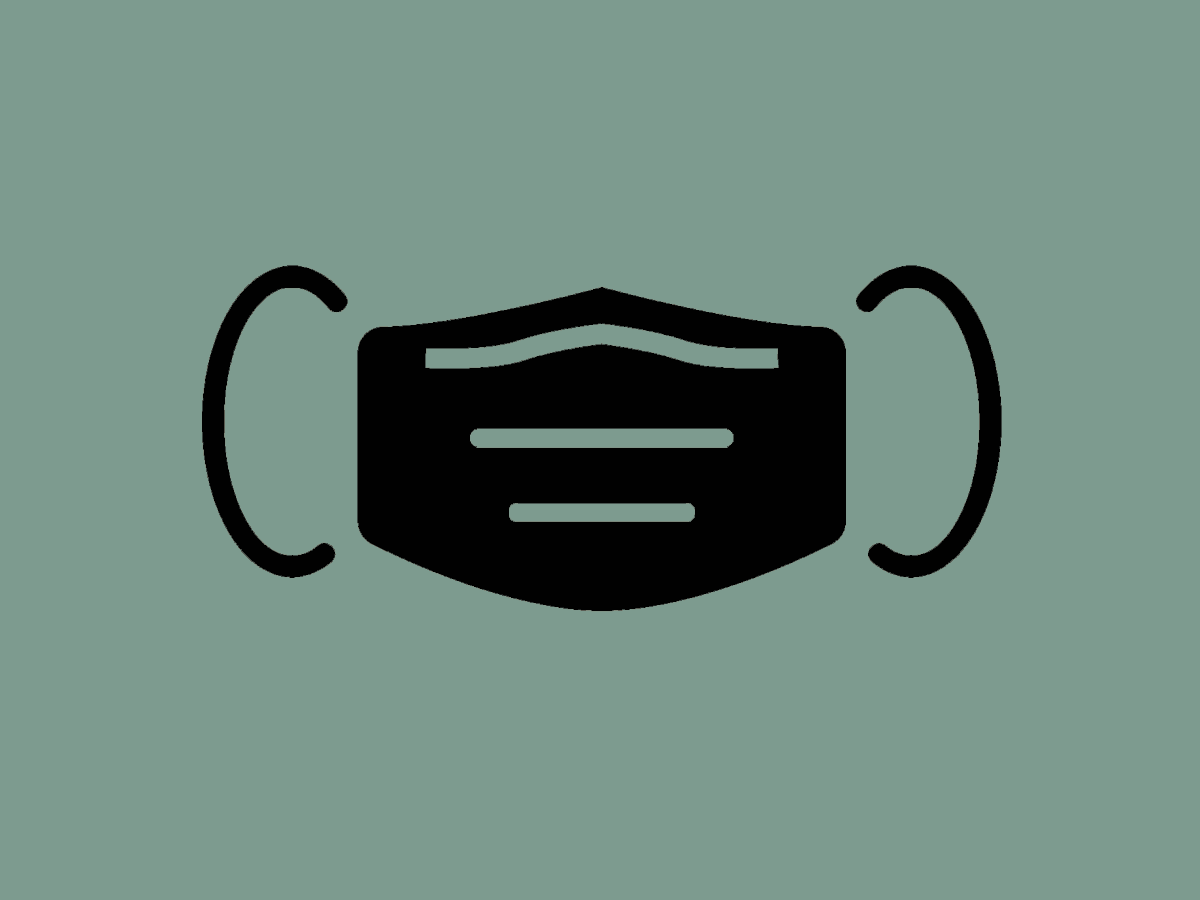
Someone getting angry at you for stepping within six feet of them
Many factors are contributing to our emotions being high right now. These factors include (and are not limited to) fear of health (for self and others), uncertainty, various living circumstances, loss of job, loss of family member, grief, and I can go on. If someone is yelling, and is angry, the best way to handle this is to calmly move away and to not escalate the situation. We don’t know how everyone is experiencing COVID-19, and that anger likely has nothing to do with you. The best way is to not get angry yourself.
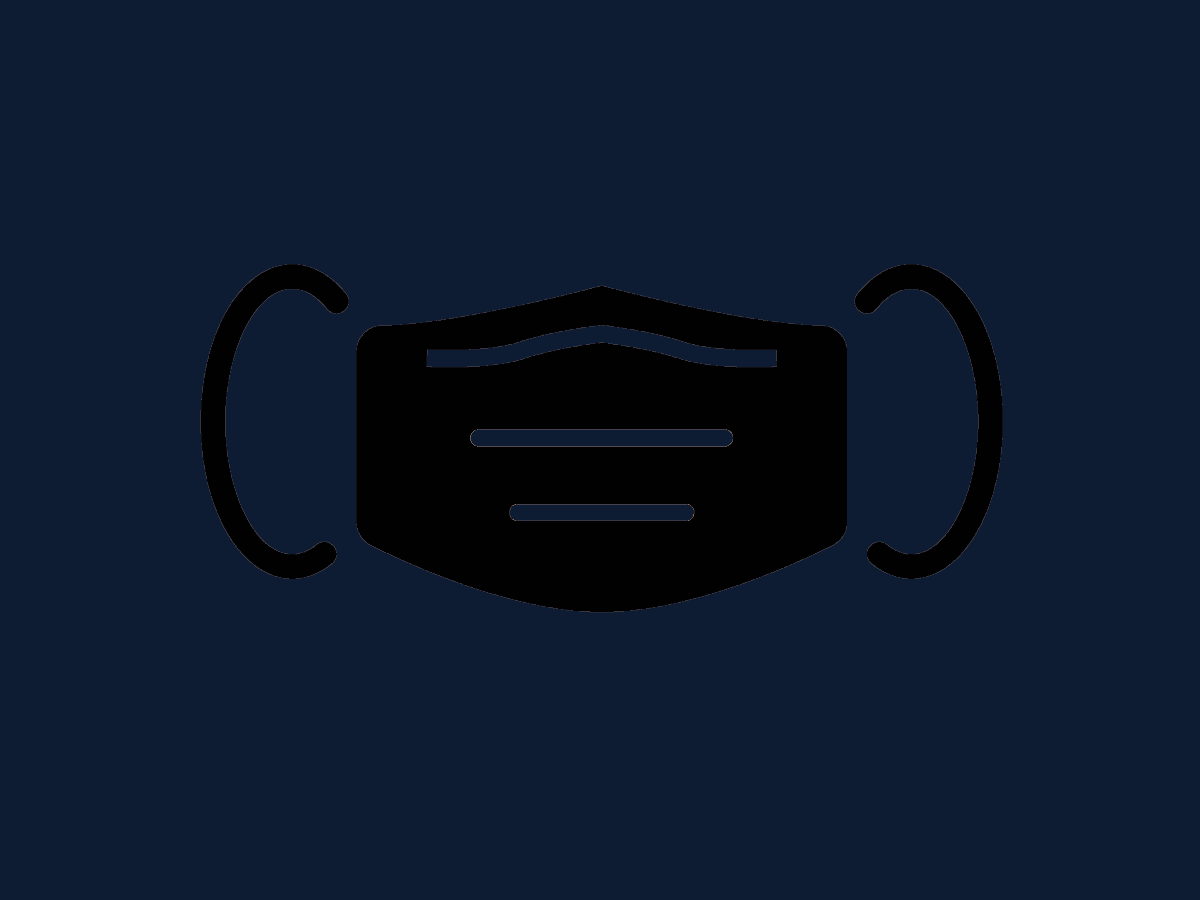
What do you do if you’re anxious or depressed right now?
Know when to ask for help! And consult these resources, which are related to COVID-19 and mental health:
This interview has been edited and condensed.
Next, check out some essentials for quarantine.
